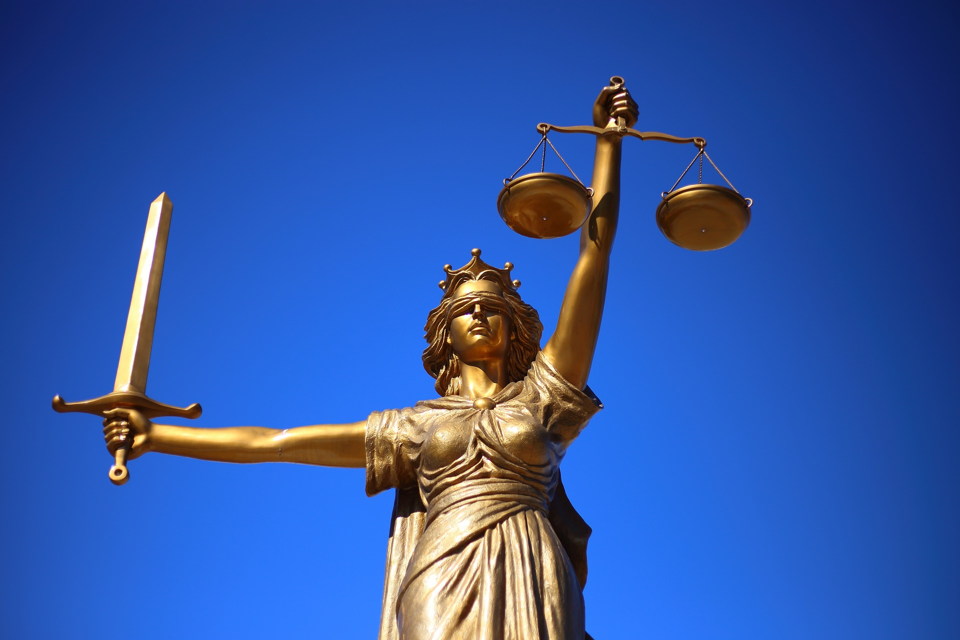What Is the Daubert Standard in a Mass Tort?

The Daubert standard in a mass tort is used in federal and some state courts (including Indiana) to assess scientific testimony provided by an expert witness. It determines whether the testimony provided is both reliable and relevant.
An Overview of the Daubert Standard in a Mass Tort Claim
Unlike a personal injury claim that is filed by an individual against a manufacturer for injuries sustained as a result of their product or device, in a mass tort claim there are large numbers of plaintiffs. These types of cases stem from illness or injuries sustained on a grander scale, which can include anything from adverse effects of a pharmaceutical to harmful exposure of pesticides.
One of the key components to proving injuries in a mass tort claim is expert scientific testimony. This is where the Daubert standard comes into play, in that the testimony must be based on two key factors.
Daubert Standard: Reliability
This could be based on the expert’s credentials and the source of information provided. For instance, an expert may establish that exposure to a chemical caused the plaintiff’s illness or injuries.
This proof must be shown through trustworthy technical and/or scientific information like:
- peer-reviewed articles;
- published studies; and
- official opinions written by experts in the field.
It might also include demonstrating the amount of exposure by testing the plaintiff’s blood or tissue.
Daubert Standard: Relevancy
Another factor in the Daubert standard is that the expert’s testimony is relevant to the case. Let’s say that instead of performing tests under similar conditions that the injured party experienced, it was done in a laboratory. The results might not be pertinent to the case.
How a Daubert Hearing May Impact a Mass Tort Claim
To determine if the Daubert standard is in place, a hearing may be scheduled with the trial judge who determines if the testimony is admissible. The jury is not present for this and it’s usually held after the discovery phase but before the trial date.
But sometimes a non-scientific expert is used as a witness. A judge would decide if that person’s experience is sufficient (and is relevant enough) to rely upon his testimony. Even when using a scientific expert and evidence, plaintiffs must still prove that the science is based on sound scientific practice or the expert is properly qualified.
Pros and Cons of Daubert Hearings
There are both pros and cons to the Daubert standard. One advantage is the likelihood of an expert’s testimony weighing heavily in a case if it’s been determined to be relevant and reliable. This could end up being the most significant piece of evidence that a plaintiff has in the case.
On the other hand, not every judge is prepared to evaluate technical or scientific expertise. So while an expert might have been critical to a case, the judge could rule (based on limited knowledge) that it’s not admissible. And the defense may use a Daubert hearing to delay litigation.
If you’re pursuing a mass tort and have questions about expert witness testimony or need legal guidance, contact Hensley Legal Group in Indianapolis at (317) 472-3333.